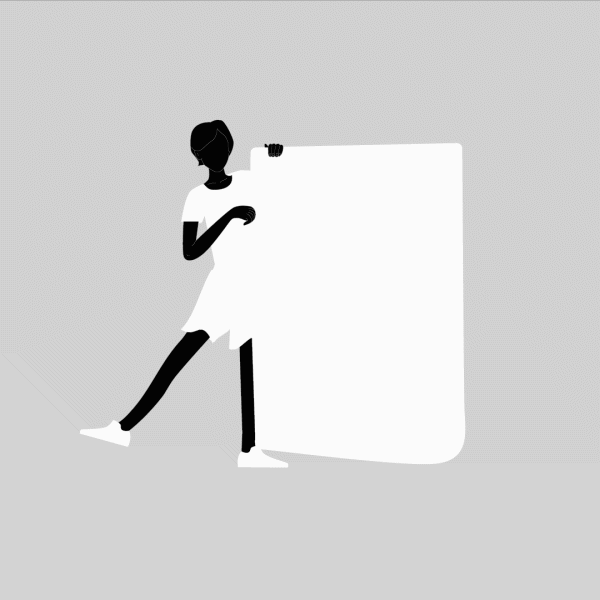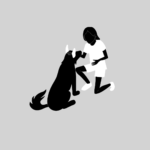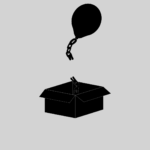SURROUNDED BY A SUPERFICIAL WORLD
Students that actively participate in extracurricular activities gain higher grades and test results, higher educational achievements, greater class attendance and higher self-esteem. Extracurriculars heighten leadership abilities and teamwork in students. These activities also lower the usage of drugs, alcohol and behavioral problems.

Ilustration: Argjira Kukaj
Maximal opportunities, but minimal motivation. Our wish as adolescents is to be included and engaged in our work towards success after we finish school. This wish is being erased by our teachers which push us into seeing this journey as black and white. To add to this, for almost two years we have been dealing with a pandemic, which has put the educational process at a very low level , where we as adolescents have very little access to learning. We have grown to be very closed, we have very little will to take part in online or in-person learning.
Therefore the curiosity to become part of after school activities hightens, with the hope that a day of ours may not be that empty. This is why I chose this journey, even though most of our teachers, with all their coldness, have told us many times that after school activities are just a waste of time which leaves us behind on school work. Most of the teachers, because they cannot understand the influence they have on our development, taking part in extracurriculars is just superficial. Everytime I try to get permission, I need to overthink before I get the courage because I know the answer very well: “I’ll allow it this time, but do not even dare to ask next time”. These de-motivational words, that our headteachers tell us, that participating in after school activities is “not worth it”, should not be demotivational and stop us from our right to learn more.
During the beginning of the pandemic I was very passive and I was on the lookout for an activity that would help me learn something more and at the same time to pass the time in isolation. I found the organization Toka which was offering innovative educational programs for young people. In the beginning I joined their winter camps, and even though they were online, it was an unforgettable time. We learned more about volunteer work and at the same time we were implementing our project online. Then I joined one of their clubs, which met once a week, sometimes online, sometimes in person. We learned about reflection upon ourselves and others. I was part of their summer camps and what I can say from this experience is that everyone should try it. All this experience pushed me to search for more opportunities, and I became part of trainings which helped me with career orientation and organizations where I could reflect differently about myself and the world. I never got these lessons in school. A completely different learning and understanding experience which I believe will help me in the future.
Unfortunately, it is exactly this type of activities that teachers do not see as helpful, regardless of their great benefits. This has been proven in a research done in 2018. Titled as “The effects of extracurricular activities in students”, published in “Reseach Gate”, it counts many benefits.
“Students that actively participate in extracurricular activities gain higher grades and test results, higher educational achievements, greater class attendance and higher self-esteem. Extracurriculars heighten leadership abilities and teamwork in students. These activities also lower the usage of drugs, alcohol and behavioral problems’ , is said in this raport.
I as an adolescent want and request from educational institutions support, to offer volunteering opportunities, so that we can become the changemakers in our communities and get our professors to be proud of our achievements, and not to ironize everytime we ask for permission to leave class.
About the author: Riga Raci, 16 years old from Prishtina, follows classes in high school.
This grant is supported by the Balkan Trust for Democracy, a project of the German Marshall Fund of the United States


